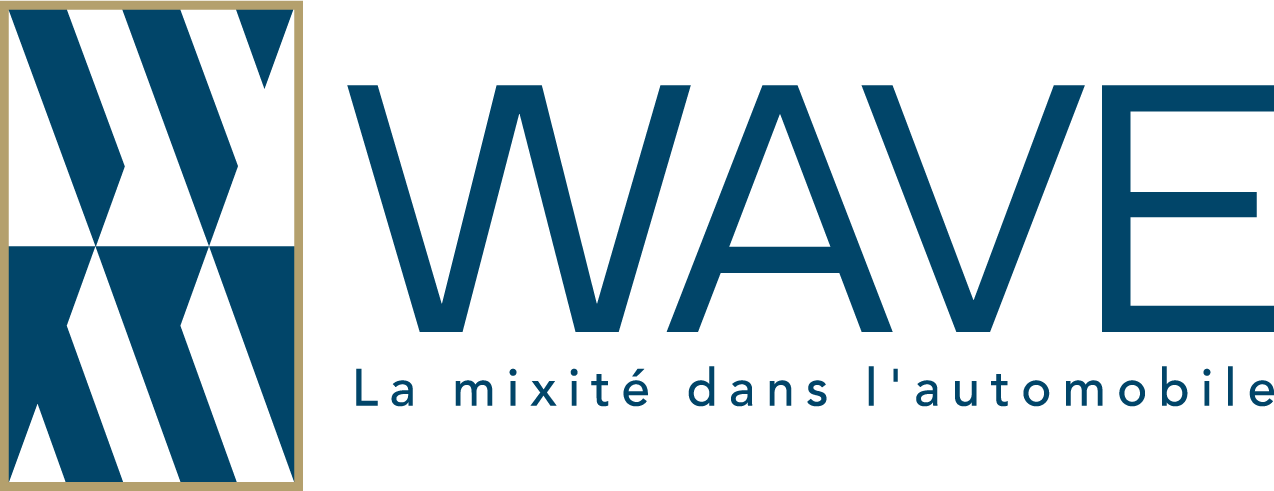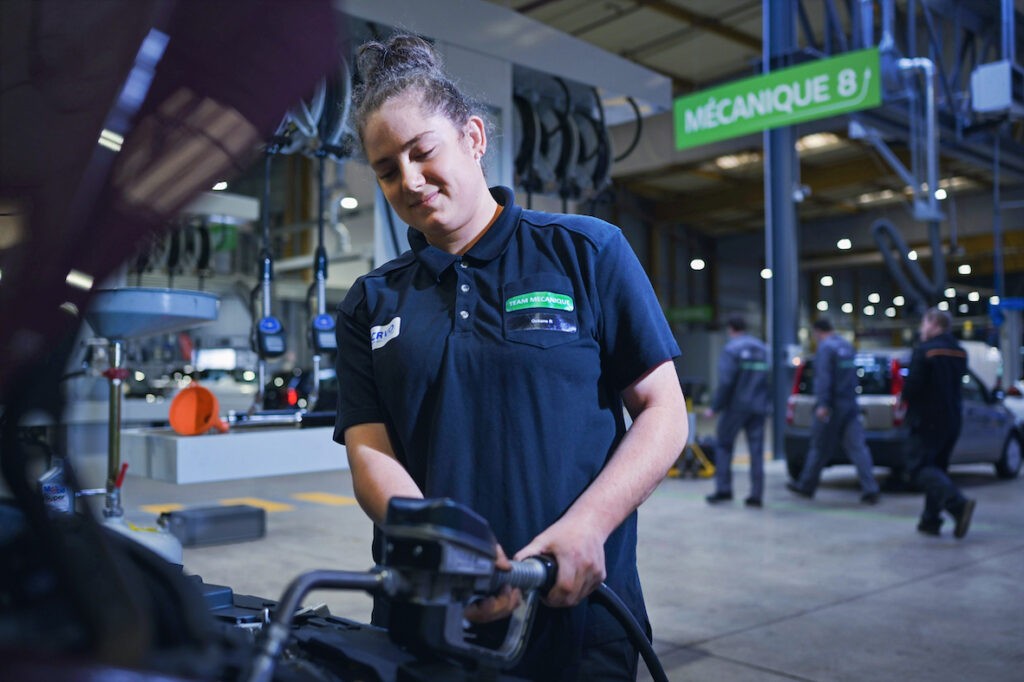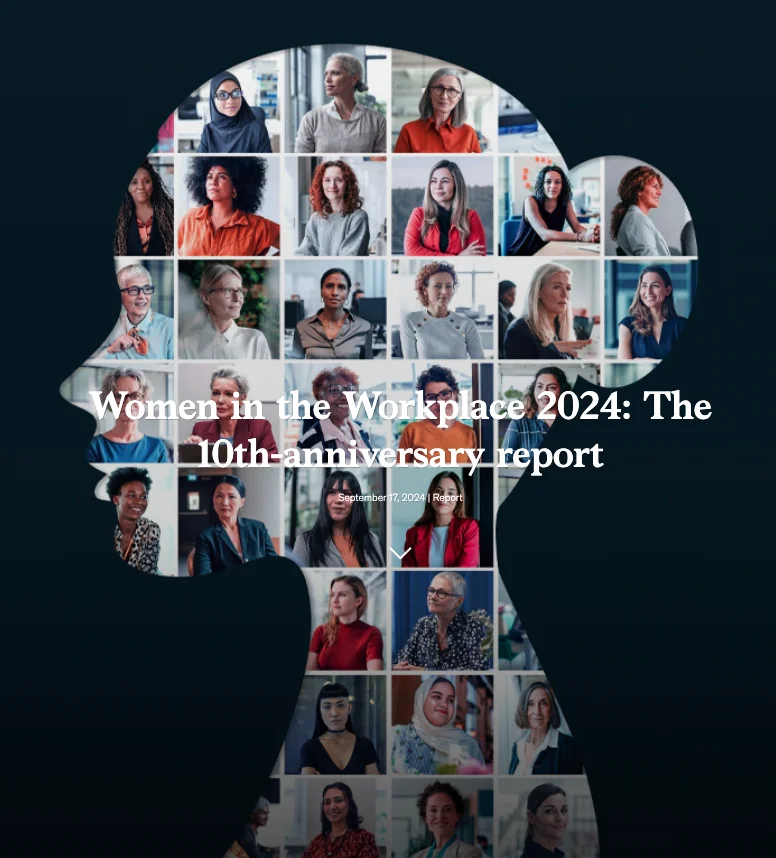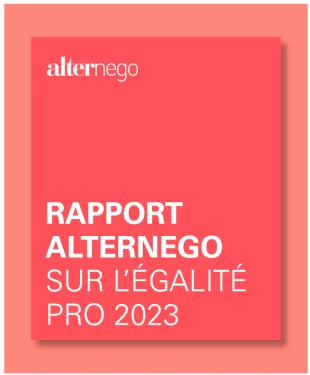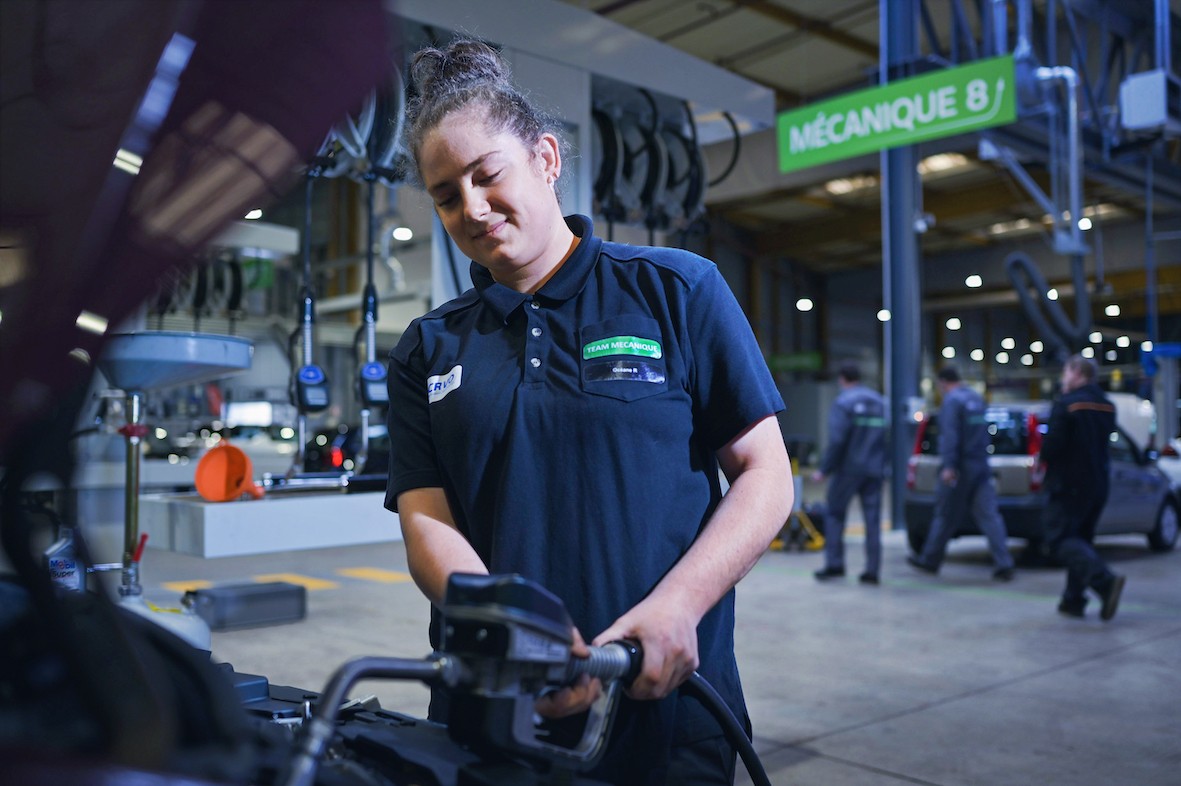Unveiling Women’s Needs and Expectations as Users of Bike Sharing Services: The H2020 DIAMOND Project
Within the objectives of the H2020 DIAMOND project, the paper investigates women’s needs and expectations as users of the bike-sharing service managed by Syndicat Mixte Autolib et Velib Métropole in the territory of Paris Region-Petite Couronne (France).
Cet article étudie les besoins et les attentes des femmes en tant qu’utilisatrices du service de partage de vélos Velib sur le territoire de Paris et sa petite couronne.
The paper presents a thematic literature review focused on gender inclusion in bike-sharing schemes. The proposed methodological approach is based on (i) Geographic Information Systems for the analysis of geolocated open datasets related to land, sociodemographic and mobility characteristics of the areas surrounding each docking stations. This was aimed at identifying a short list of suitable bike-sharing docking stations, which were further characterized through: (ii) structured proprietary data focused on travel demand; (iii) onsite observations focused on universal design indicators; (iv) survey questionnaires focused on women’s concerns, needs and expectations; and (v) social media data from Twitter focused on the opinion of the end-users.

Results showed that women use the VELIB’s bike-sharing service much less than men (about 30% of the total number of users), since they are more concerned about the following issues: accessibility (e.g., availability of bikes at the docking stations, distance to the nearest station, type and quality of the cycle paths); safety and security (e.g., perception of danger and insecurity while cycling and using the current bicycle infrastructures); social constraints (e.g., perceptions and cultural stigmatization associated with cycling and bike-sharing); weather and topography (e.g., impact of weather and the urban terrain on cycling and bike-sharing).

The final aim of the H2020 DIAMOND project is to support the definition of guidelines and policies for the inclusion of women’s needs in the design of future bike-sharing services.
Keywords: gender and mobility; bike-sharing service; data analytics; inclusive transport system
